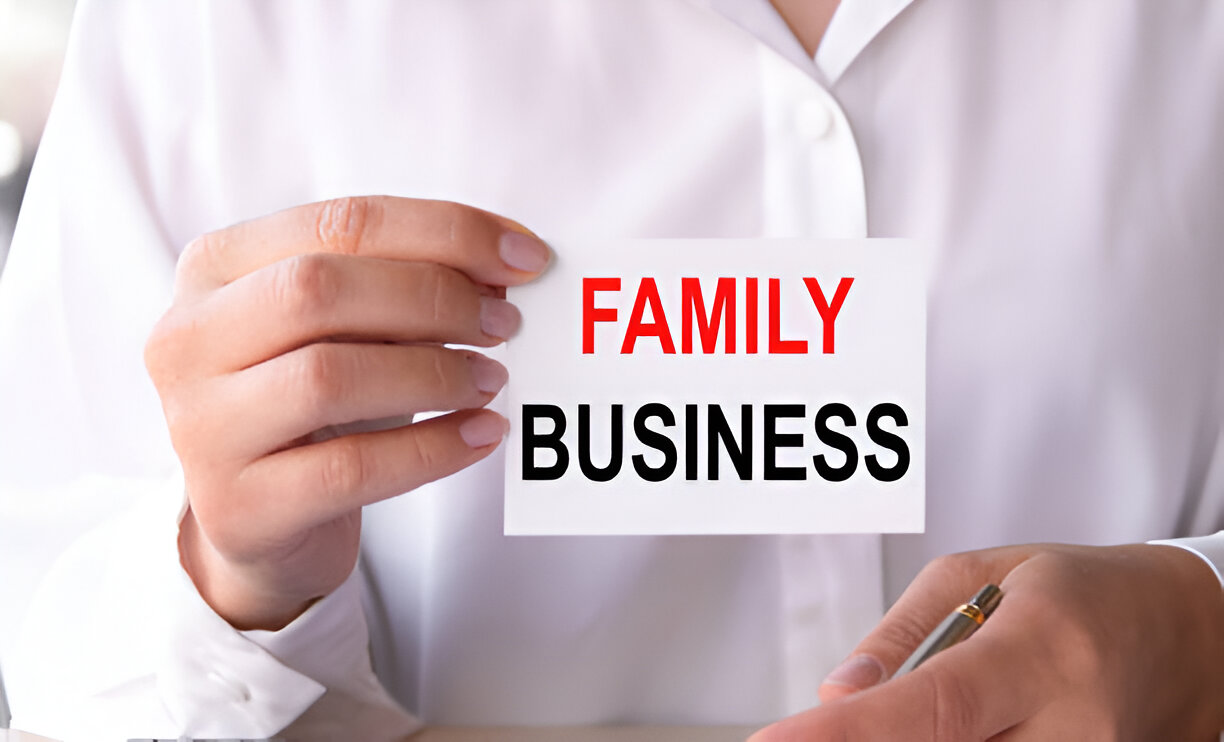In the complex world of modern business, inspiration can come from unlikely sources. Today’s Australian business environments share surprising parallels with family law challenges – both requiring diplomacy, strategic thinking, and emotional intelligence. Companies looking for innovative approaches to problem-solving might find valuable insights through consulting with specialists like Pearsons Family Lawyers.
Key Takeaways
- Communication techniques from family law can transform business negotiations
- Mediation strategies offer powerful frameworks for resolving workplace conflicts
- Building relationships based on family law principles creates stronger business partnerships
- Ethical practices in family law translate to better corporate governance
- Adaptive thinking required in family disputes builds business resilience
Understanding Family Law Challenges
Key Aspects of Family Law in Australia
Australian family law operates within a framework designed to protect all parties while seeking fair outcomes. The Family Law Act establishes principles centered on the best interests of children, equitable division of assets, and protection from harm. These frameworks create structured approaches to highly emotional situations – something businesses regularly encounter.
Common Challenges Faced
Family law practitioners regularly handle complex situations including:
- Property settlements requiring fair division of assets
- Parenting arrangements focused on children’s wellbeing
- Financial agreements that protect all parties’ interests
- High-conflict disputes requiring careful de-escalation
Resolution and Mediation Processes
Family law has pioneered effective mediation techniques that keep disputes out of courtrooms. These processes emphasize identifying underlying interests rather than entrenched positions – a distinction that proves equally valuable in business negotiations.
“The most successful negotiations occur when parties focus on interests rather than positions – a principle equally powerful in family law and business contexts.”
Lessons for Business from Family Law
Importance of Effective Communication
Family lawyers excel at clear, empathetic communication in high-stress environments. They balance assertiveness with active listening – skills directly transferable to business negotiations. When stakeholders feel heard and respected, resolution becomes significantly more achievable.
Conflict Resolution and Mediation
The structured approach family lawyers take toward mediation offers businesses powerful frameworks for workplace conflicts. These processes identify underlying needs, separate people from problems, and create environments where constructive solutions emerge naturally.
Flexibility and Adaptability
Family law practitioners regularly adapt to changing circumstances – shifting family dynamics, evolving financial situations, and unexpected life events. This adaptability provides a template for businesses facing market disruptions, regulatory changes, or internal reorganizations.
Implementing Family Law Strategies in Business
Building Strong Relationships
Family law emphasizes maintaining workable relationships despite conflicts – a principle equally valuable for businesses dealing with clients, suppliers, or competitors. Companies that maintain professional relationships through disagreements gain competitive advantages through reduced friction and ongoing collaboration opportunities.
Legal and Ethical Compliance
The strict ethical frameworks governing family law practice offer valuable models for corporate compliance. Just as family lawyers must balance advocacy with fairness, businesses benefit from ethical practices that build trust while adhering to regulatory requirements.
Negotiating Strategies
Family law negotiations often involve limited resources and multiple stakeholders – much like business environments. Techniques such as interest-based bargaining, creating options for mutual gain, and using objective criteria translate directly to commercial negotiations.
Conclusion
The intersection between family law and business practice reveals surprising opportunities for cross-disciplinary learning. By adopting communication techniques, mediation approaches, and relationship-building strategies from family law, businesses can develop more effective problem-solving frameworks. For organizations seeking to enhance their negotiation capabilities, conflict resolution processes, or stakeholder relationships, the lessons from family law offer valuable and unexpected insights. If you’re interested in exploring these connections further, Pearsons Lawyers provides expertise that bridges both worlds.
In the realm of family law, the importance of planning for the future cannot be overstated. Just as businesses must anticipate market shifts, families should prepare for life’s uncertainties. Estate planning is a crucial aspect of this preparation, ensuring that assets are distributed according to one’s wishes and reducing potential conflicts. To navigate this complex process, it is wise to speak with a Seattle estate lawyer who can provide expert guidance tailored to your unique situation. By doing so, you can safeguard your family’s future and maintain harmony, much like a well-run business anticipates and mitigates risks.






